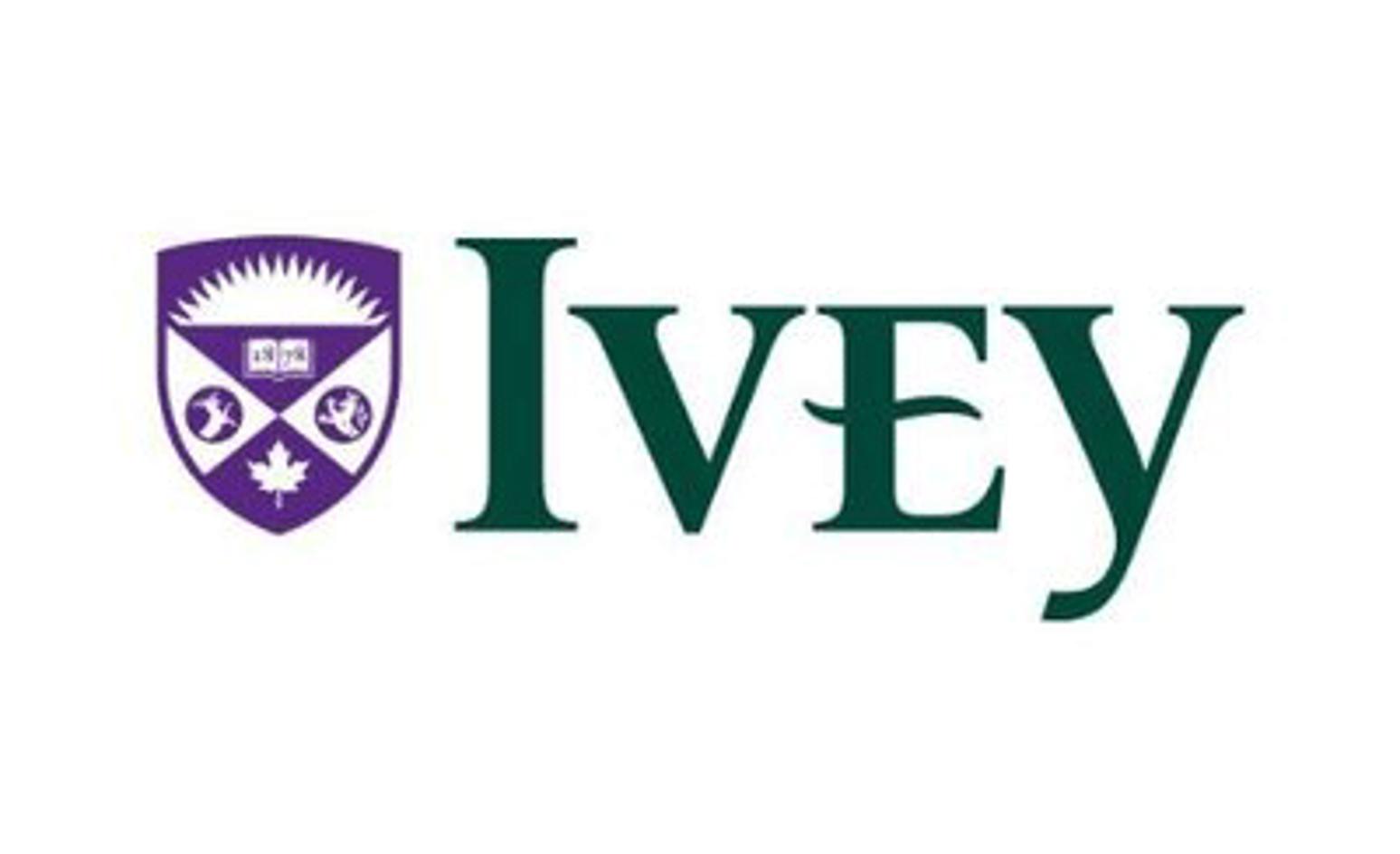We arrived in Kigali last Wednesday after a 40-hour journey. The Dean of the School of Commerce and Economics at the University of Rwanda, Tumwesige Ponsiano, was gracious enough to pick us up at the airport and bring us to the Nyagatare campus.
Despite being exhausted, we were all immediately awestruck by the beauty of Rwanda. In fact, we thought Kigali looked like one of the Greek islands in the Mediterranean – very green and very developed. This image is completely at odds with the preconceptions most people have about Rwanda. For example, a US customs agent in Toronto asked Matt if there was a civil war going on in Rwanda, and why he would choose to endanger his life and the lives of his friends.
We arrived in Nyagatare in pitch darkness, as the power was out. After fumbling our way to the room with the help of a flashlight, we got settled in for the night under the protection of copious amounts of bug repellent.
We woke up the next morning to an assortment of bird chirps. Breakfast, to our surprise and delight, was served right outside our door and delivered to us by the local staff. Talk about the VIP treatment!
After a hardy breakfast of bread and eggs, we set out to explore Nyagatare by foot. The local residents stared at us like we were aliens who had dropped in from Mars. We understand their perspective, as Nyagatare is not a popular tourist destination. Over the next two days, we settled in rapidly and were able to form a few friendships with faculty and students.
Akagera:
Last Saturday, we rented a car and drove to Akagera National Park. Our driver didn’t speak any English, and of course, we didn’t speak any Kinyarwanda (the local language). We reached the national park to find out that no guides were available. We therefore had the reception write out a set of words (see picture) that we could use to communicate with the driver. Essentially, we were entering an unknown park, filled with dangerous animals, with a driver who had never been to the area before, armed with 5 simple words of Kinyarwanda.
It was a fantastic time (see pictures). We saw monkeys, warthogs, hippos, giraffes, zebras, water buffalos, and antelopes.
Classes:
We are now a week into class and have covered 5 cases. The class size is approximately 40 people, and they are steadily understanding the nuances of the case method of learning. For most students, English is their 3rd language after Kinyarwanda and French. This makes contribution for some students difficult, although we are attempting to have translators facilitate the discussion.
The university is very focused on entrepreneurship, and we are actively supporting this goal by having a business plan competition. In teams of four, students will present their idea for a new business venture and recommend an implementation plan. We are very excited to see the results in two weeks time!
Nyagatare is a small town, but it is breathtaking in its beauty. Lush green mountains stand guard over valleys filled with tall green grass, and the weather is wonderful. We wake up every morning, excited to teach, but equally excited to learn.
